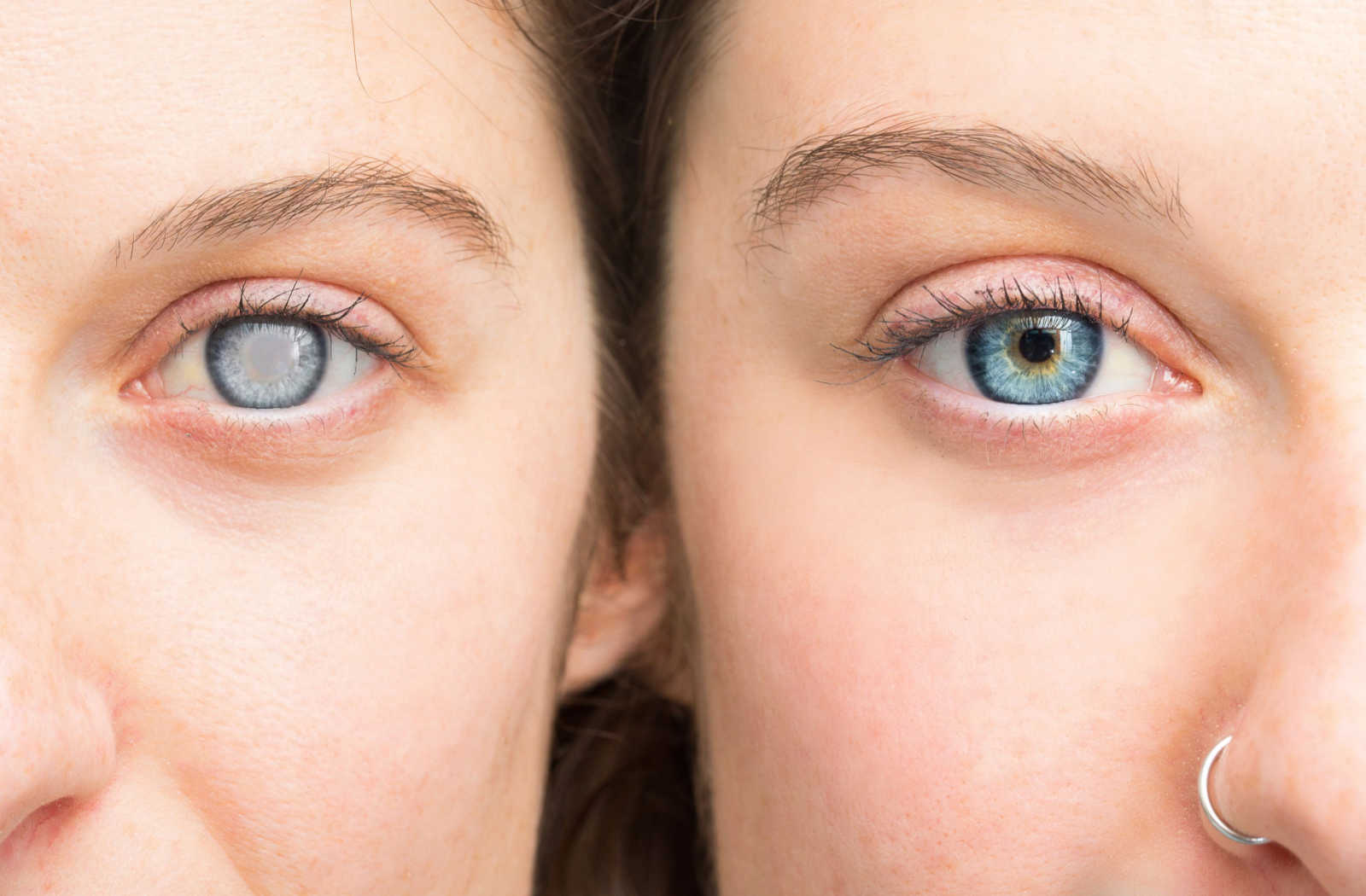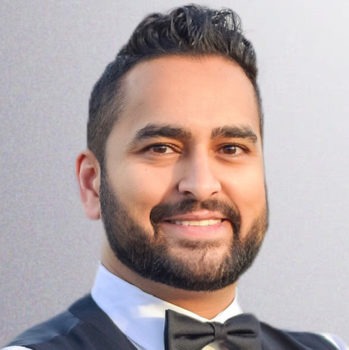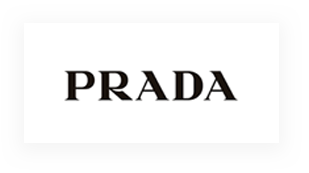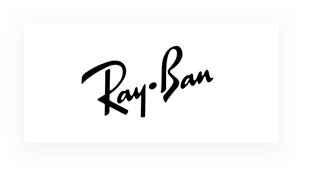Glaucoma is a significant risk to your eye health, leading to potential vision loss if left unaddressed. Many people aren’t aware they have this disease until their vision is affected, making eye exams important for protecting your eyes. With the damage glaucoma can cause, should you be worried if your family has a history of this disease?
Continue reading to learn more about glaucoma, including if it’s inherited and what increases your risk.
What Is Glaucoma?
Glaucoma is a group of eye diseases that damage the optic nerve, an essential part of your vision. This disease can lead to severe, permanent vision loss, making early diagnosis and treatment crucial. However, glaucoma can develop with limited symptoms—you may not even know you have glaucoma until your vision is affected.
While glaucoma can develop at any age, it’s one of the leading causes of blindness in older adults. With the risk of glaucoma, regular eye exams are especially important as you age. Your eye doctor can help diagnose glaucoma as early as possible, completing tests like intraocular pressure measurements and in-depth eye assessments.
Can Glaucoma Be Inherited?
Anyone can develop glaucoma, but this disease is a higher risk if your family has a history. Open-angle glaucoma can be inherited, making it important to have regular eye health evaluations to protect your vision.
You have a 4–9 times higher risk of glaucoma if your immediate family has the disease. While this doesn’t mean you will get glaucoma, you have a higher chance of developing it. You can protect your vision by visiting your optometrist frequently.
Family history isn’t the only risk related to glaucoma—there are others to be mindful of.
Glaucoma Risk Factors
Your risk of glaucoma can be higher due to several factors. These risk factors include:
- Genetics
- Age
- Family history
- Steroid use
- Previous eye injury
- High myopia
- Hypertension
- Central corneal thickness
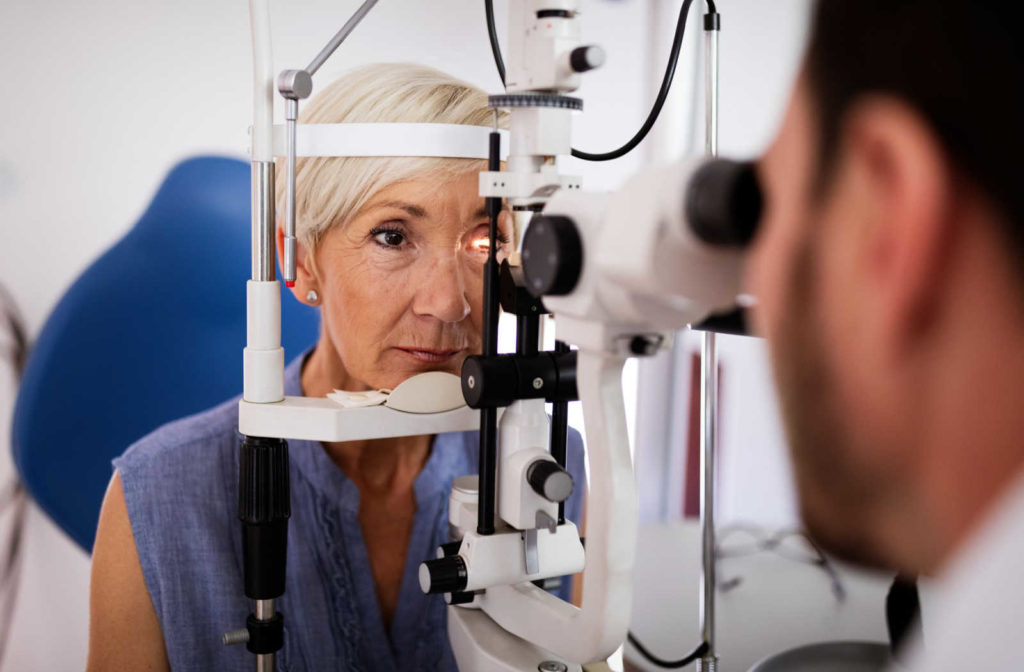
What Causes Glaucoma?
Glaucoma occurs because of damage to the optic nerve, the part of your eye that sends signals to the brain to create the images you see. For many but not all forms of glaucoma, this damage occurs due to high intraocular pressure (IOP), the fluid pressure inside your eye.
Your IOP rises due to fluid buildup. This fluid typically drains through an angle where your iris and cornea meet. However, you may experience complications with the drainage system, leading to increased IOP.
The cause of each form of glaucoma is different. For example, in primary open-angle glaucoma, the drainage angle is clear and open, but fluid builds up further down the drainage system—similar to a clogged pipe. Fluid builds up when it can’t drain effectively, leading to increased eye pressure and damage to the optic nerve.
It’s easy to assume you’ll notice increased eye pressure or struggle with vision when you have glaucoma, but this isn’t necessarily true. You may not experience any symptoms until you lose parts of your vision, making it important to diagnose glaucoma as early as possible.
Visiting your eye doctor can help identify these problems before they cause further damage.
Common Forms of Glaucoma
Many types of glaucoma exist, each affecting the eye differently. No matter the form, glaucoma can lead to significant vision loss.
The common forms of this disease include primary open-angle and angle-closure glaucoma.
Primary Open-Angle Glaucoma
Primary Open-Angle glaucoma is the most common form of this disease, developing when fluid cannot drain from the eye properly. Eye pressure rises, damaging the optic nerve and leading to gradual vision loss.
Open-angle glaucoma can be difficult to notice because it tends to progress with no symptoms. You may notice signs of this condition when vision loss occurs. Blind spots can develop in your vision, or you may tunnel vision as this disease progresses.
Angle-Closure Glaucoma
Angle-closure glaucoma is less common, but a serious eye problem. It occurs when your iris isn’t as wide or open as it should be, causing it to push over the drainage angle in the eye. When this happens, it blocks fluid from draining, causing increased pressure.
Angle-closure glaucoma may progress slowly or rapidly, causing potential vision loss. Visit your eye doctor immediately for treatment if you experience any of the following symptoms:
- Blurred vision
- Eye pain
- Eye redness
- Halos around lights
- Nausea or vomiting
- Severe & painful headache
If left untreated, angle-closure glaucoma can cause rapid vision loss.
Understand the Risks of Glaucoma
Regular eye exams are essential for protecting your eye health and vision if you’re at high risk of developing glaucoma. Your eye doctor may want to see you more frequently to check for early signs of this disease. They can help you avoid potential vision loss by diagnosing and treating glaucoma as early as possible.
Contact your optometrist if you’re experiencing symptoms of glaucoma, believe you’re high risk or need an eye exam.

